Modern Education distancing Children from Indigenous Knowledge
Gone are the days when a farmer’s child would grow up to become a farmer and a tailor’s son grow up to become a tailor. Education has undoubtedly expanded the territory for every individual with anyone from any background aspiring to become whatever he or she desires. But one researcher fears that as the society becomes more homogenous we are losing out on our uniqueness as traditional knowledge is no more being passed on. The one learning path that is vanishing at the speediest pace is ecological knowledge – the understanding of the natural world.
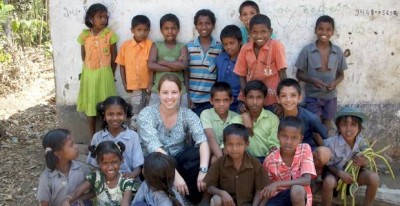
Kathryn Demps is a Boise State University visiting assistant professor in anthropology. She studies behavioral and evolutionary ecology in small-scale societies. For her latest research Kathryn spent months with the honey-gathering Jenu Kuruba tribe in South India that has for generations known only this way of life.
During her research Kathryn found that while the children of the tribe had broadened their prospects by enrolling in schools, their cultural and ecological knowledge was fast diminishing.
“What we learn from others — our culture, skills, values, beliefs and knowledge — is passed through the generations,” she said. “How it is passed down can change the body of knowledge.”
The Quest for Honey
The Jenu Kuruba tribe lives in the Kodagu district of Karnataka, in a land blessed with natural beauty. Not far from Karnataka’s famous Nagarhole sanctuary and amidst the splendor of Western Ghats, this tribe has for many generations earned its living by gathering honey. Jenu Kuruba literally means ‘honey shepards’.
But as easy as it may sound, this task requires many skills. Young men nimbly scale huge trees in the forest to reach for the hives thousands of feet above ground.
Kathryn says that local learn at an early age to scale trees by shimmying 100 feet up the trunk, pressing their feet flat into the bark and using their arms to pull themselves ever higher. Young boys pick this up by playing a traditional climbing game called mara cothi, which means “tree monkey”. Because the climb can be so dangerous, young men often leave offerings at the base of a tree, asking for a blessing for a safe climb.
The more experienced gatherers also have additional knowhow of how to coax the queen to come out and make another hive, calmly take the honey out without disturbing the bees and calm the entire tribe of bees with a holistic ritual. This kind of knowledge is extremely useful as the bees found in the forest come with a piercing and painful sting.
The honey thus gathered is sold to cities for a high price and this is what runs the economy of the tribe.
Sadly though, the researchers found that the introduction of western education and developmental projects, including shifting of the tribe from their forest homes to create additional sanctuary space, had distanced the next generation from these traditional learning.
Modern vs Traditional education
The local school in the area was established in the 1970s. Prior to this children rarely received formal education and were constantly discovering their natural surrounding and learning from observing their grownups. At present, while the average level of education is still low, most children are spending at least a few critical years learning new skills at the expense of traditional, indigenous knowledge.
“Kids need to learn how to climb trees and how to make big, smoky torches from sticks wrapped in green leaves,” Demps said. “They have to learn to climb onto the branches and cut off the honeycomb. There also are ritual things like the honey-collecting song that is supposed to appease the bees and show brotherhood.”
Kathryn also noted that the older tribal men and women had vast knowledge about traditional medicines, plants and herbs that could be utilized for anything from a sore throat, cut, fever to pregnancy. But the next generation has no knowledge about these herbal medicines.
That’s because in the 1980s, the first hospital in the area populated by the Jenu Kuruba opened; 1985 was the last year for a recorded medicinal ceremony. Gurus didn’t train more apprentices because no one wanted to learn, and as a result, the knowledge has been completely lost in just one generation!
Balancing Act
Kathryn and her team are presently evaluating the data collected from almost 200 local residents ages 6-65 in order to understand what residents know at various ages, and who they learned it from.
She hopes that this data can help understand how much of the past knowledge is being transferred to the next generation and how much is being lost.
She also hopes that the research can eventually help broaden the education system so that it imparts the western knowledge required to live at par with the modern world, but also gives time for local children to learn about their local surroundings, its secrets and the environment around them.
Kathryn says, “Giving children just five or six days a month off of school can make a big difference. That has been shown to be enough time for children to learn the skills they need to collect honey but still learn western knowledge. They also can learn how to collect forest foods for better nutrition as they are out hunting and gathering, as well as medicinal knowledge and how to manage the environment so that they are less likely to deforest the area.”
Children are extremely inquisitive by nature. If measures are seriously taken to preserve the traditional while also imparting the modern knowledge, the future generation will definitely not be deprived of their ecological inheritance. It is not just the case of forgetting how to gather honey, it is about preserving their identity and the greater good of Mother Earth.
More Related Stories,
Have you Voted for India’s National Microbe?
How Children can get Close to Nature
All images courtesy Boise State University


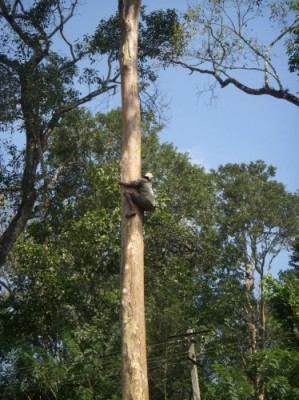
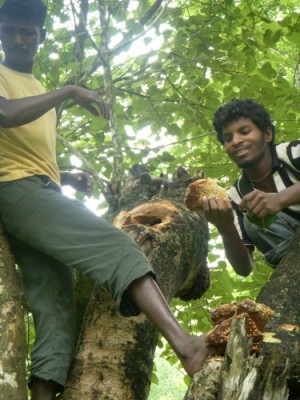
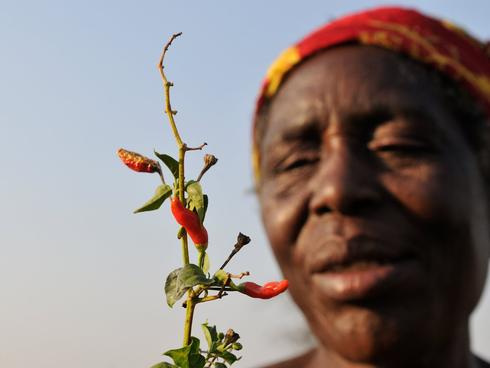
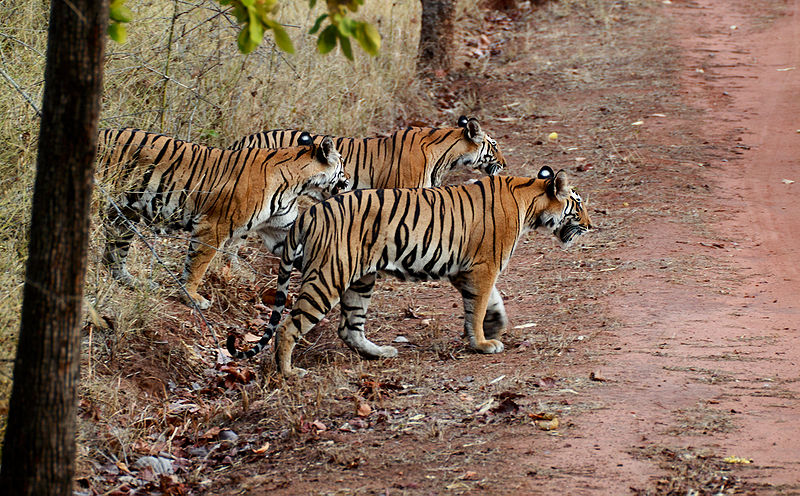
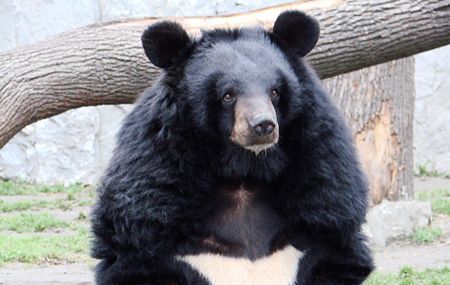

One thought on “Vanishing Ecological Inheritance”